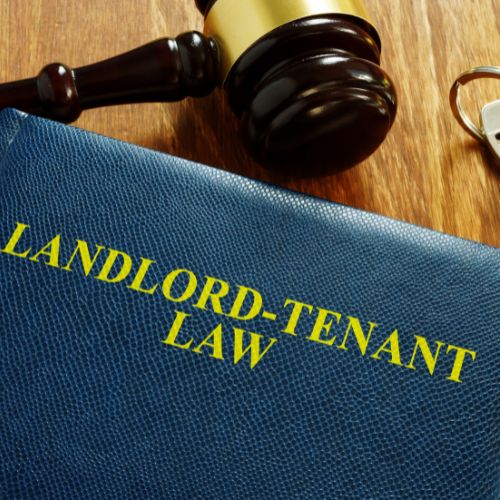Do you have a lease or a licence? Why is it important?
A licence (in respect of land or property) is permission to
do something with that land which would otherwise be deemed trespass. An
example would be a licence to occupy part of a building on a temporary basis,
such as for storage purposes.
- A licence is merely permission to do something with that land such as occupying it. A licence does not create a legal interest in land.
- A licence does not confer exclusive possession of the land to the licensee and;
- A licence is usually not for a determinable period of time and is revocable by the licensor at any time.
Broadly speaking, a lease is a contract between the parties,
ie. the Landlord and Tenant (and Guarantor) which creates a legal interest in
land for the Tenant and sets out the parties’ obligations. The case of ‘Street
v Mountford [1985]’ establishes the 3 key features of a lease:
- The Tenancy is for a consideration of payment (‘Rent’);
- The Tenancy is for a fixed determinable period of time (‘Term’) and;
- The Tenancy grants exclusive possession of the property to the Tenant. This means that the Tenant can exercise the rights of landowner to the exclusion of all others, including the Landlord (save for any rights the Landlord has specifically reserved). In practical terms, the land is the Tenant’s for the Term, subject to restrictions and compliance with obligations.
The distinction between a lease and licence is important
because if the Tenancy is for a period of 9 months or more and used for
business purposes then the Business Tenancies (Northern Ireland) Order 1996
(“BTO”) will apply and the Tenant will have security of tenure. This means the
Tenant has the right to occupy the property after the Term has ended, unless
the lease is surrendered or there is a Court Order obliging the Tenant to
vacate. At the end of the Term, the Tenant has a statutory right to request a
new tenancy and the Landlord can only refuse this under certain limited
grounds. The grounds for refusal are set out in full under Article 12 of the
BTO and examples include Tenant breaches of their repair obligations,
persistent delay in paying rent, other substantial breaches of Tenant covenants
or if the Landlord wants to take the property back to carry out a business or
to use the property as their residence.
From a Tenant’s perspective, a lease offers them security which is important if they are running a business from the property. The Landlord cannot just remove the Tenant from the property at the end of the Term if the BTO applies. However, if there is a licence and not a lease, the Tenant does not have this security. For this reason, Landlords should always treat licences with caution and should remember that just because a document is labelled a licence, does not necessarily mean it is a licence. As case law tells us, if it is called a licence but embodies all the characteristics of a lease (ie. for a fixed determinable period of time, payment of Rent and the Tenant has exclusive possession) then it may very well be a lease and the Tenant will have the security and protection afforded to it under the BTO.

